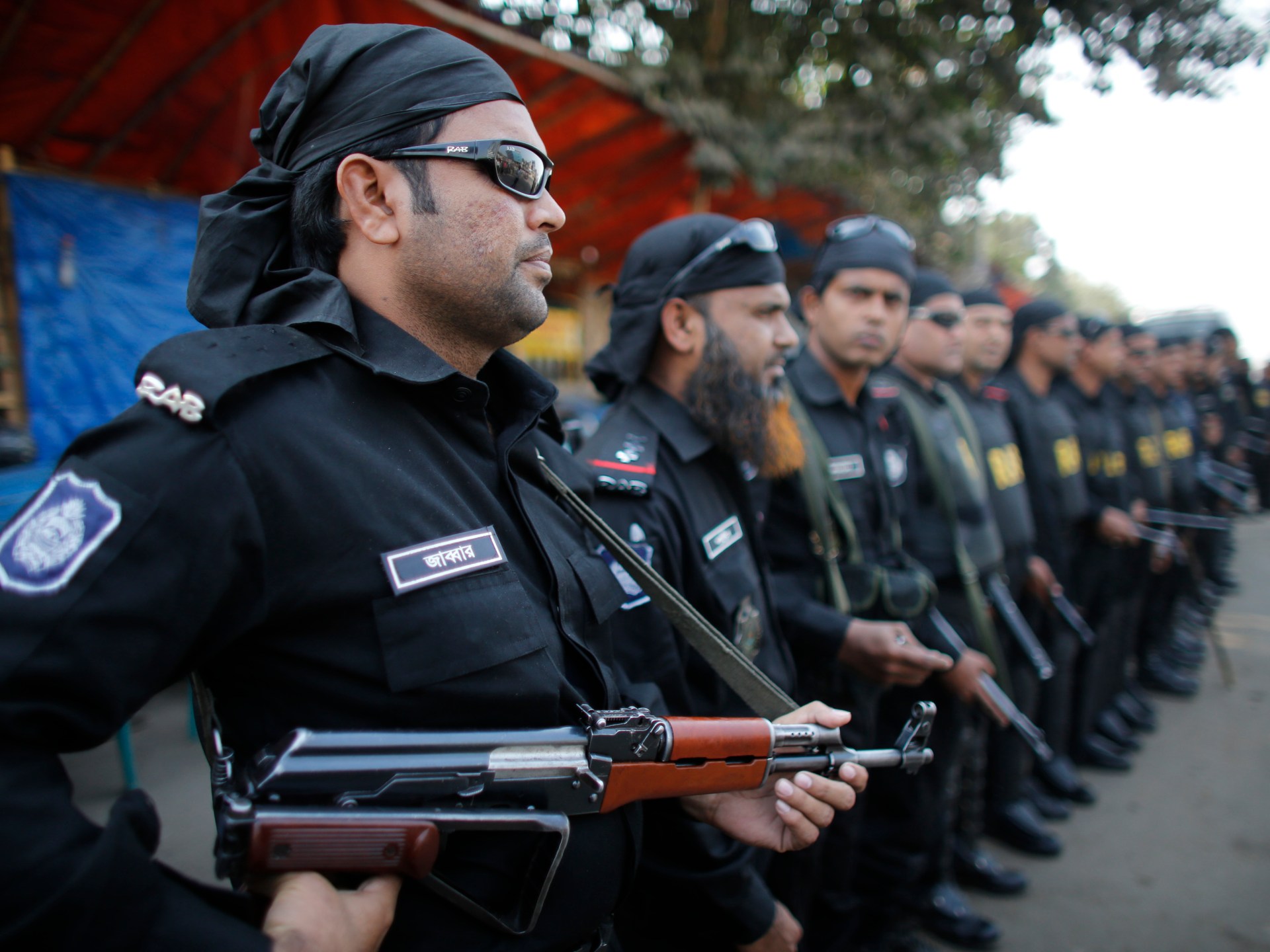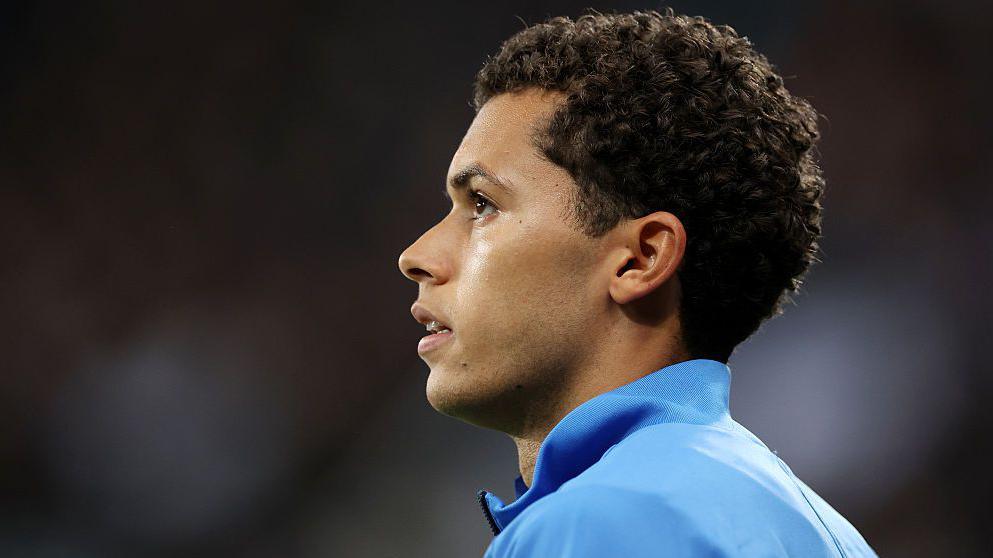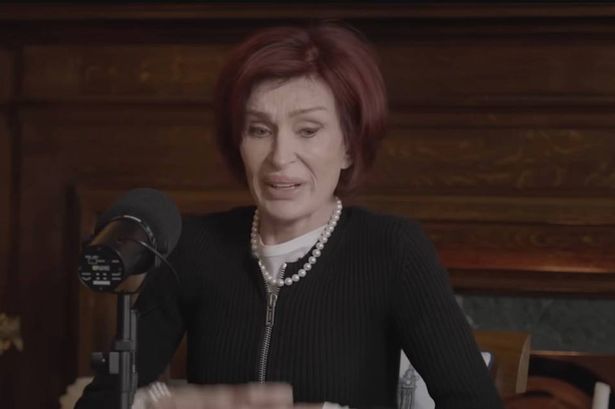Dhaka, Bangladesh — When Sheikh Hasina was ousted as Bangladesh’s prime minister in August 2024 after a student-led uprising, many in the country believed the darkest days of enforced disappearances and extrajudicial killings were finally over.
The interim administration, led by Nobel Peace Prize laureate Muhammad Yunus, sworn in on August 8 last year, arrived on promises of justice, reform and an end to state violence. But more than a year on, those promises are under question.
A new report by the Bangladeshi rights group Odhikar shows that while the number of killings has fallen sharply, the system of impunity that allowed such abuses to flourish remains largely intact.
Here’s what the findings show and why they matter as Bangladesh prepares for parliamentary elections in February to choose its next government.
The killings continue
From 2009 – when Hasina came back to power after six years spent out of office – to 2022, Bangladesh’s security forces are accused of having killed at least 2,597 people through extrajudicial executions, custodial torture or by opening fire on protesters, an analysis of human rights data suggests.
Human rights excesses under Hasina were a major trigger for the mass protests that culminated in her ouster.
But according to Odhikar’s latest report, extrajudicial killings have claimed at least 40 lives from August 2024 to September 2025 under the Yunus-led interim government.
The victims were shot, tortured in custody or beaten to death – methods chillingly reminiscent of the previous government. The victims included political activists, detainees held without warrants, alleged criminals and citizens caught in security operations, according to the report, based on information from human rights defenders affiliated with Odhikar as well as information and data published across various media outlets.
While the scale of these incidents is smaller than during Hasina’s rule, the continuation of such practices has alarmed human rights defenders.
“We are seeing a gradual increase in the number of extrajudicial killings, which is not what we expected,” Nur Khan Liton, rights activist and member of the Commission of Inquiry on Enforced Disappearances, told Al Jazeera. The commission is a government-appointed investigative body formed on August 27, 2024, by the Yunus administration. It is tasked with investigating widespread disappearances under the previous government, identifying those responsible, and ensuring justice and reparations for victims and their families.
The interim government, made up of academics and former civil servants, had been among the loudest critics of Hasina’s rule. Yunus himself spoke of building a “Bangladesh free from fear”.
Yet the same security agencies – police; the Rapid Action Battalion (RAB), a paramilitary force; and intelligence units – continue to operate without meaningful reform or external oversight, rights groups said.
In several cases, detainees were picked up by security forces; taken to army camps, RAB camps or police stations; and later declared dead in the hospital.
Asif Shikdar, a youth leader of the opposition Bangladesh Nationalist Party’s (BNP’s) youth wing, was detained by joint security forces in Mirpur, Dhaka, in July, reportedly on allegations of illegal arms possession, which his family and party said were fabricated.
Hours after his arrest, he was taken to Shaheed Suhrawardy Hospital and declared dead with the death certificate stating only “unconscious on arrival”.
In Italla village near Cumilla city in the country’s south, 40-year-old Towhidul Islam, also a BNP youth wing leader, was detained by “plainclothes members of a joint force” early on January 31, according to The Daily Star newspaper. Hours later, he was declared dead at a local hospital, and doctors and family members reported visible marks of torture on his body.
Towhidul, who worked at a shipping company in Chattogram port, had returned to his village to attend his father’s funeral. He left behind a wife and four daughters.
After public outrage, the army camp commander was withdrawn, and the army pledged justice while the Yunus administration announced the formation of an investigation committee.
In response to queries from Al Jazeera about Towhidul’s death, Lieutenant Colonel Sami Ud Dowla Chowdhury, director of Inter Services Public Relations, the military’s communications arm, said: “In response to the incident, an inquiry board was convened by Bangladesh Army. Upon completion of the investigation, a total of seven individuals were recommended for appropriate administrative actions.”
“Disciplinary actions were taken against all individuals, ranging from dismissal from service to other appropriate actions as advised by the inquiry,” Chowdhury added.
What the data show
Odhikar’s report, which covers the first 14 months of the interim government, documents an average of three extrajudicial killings per month. The trend appears to be worsening with 11 people killed in the latest quarter alone, from July to September.
The report categorises 19 victims as shot dead in “crossfire” or “encounters”, 14 as killed under torture and seven as beaten to death in custody.
These deaths bear what human rights activists said are hallmarks of impunity: arrests without warrants, denial of due process and an absence of credible investigation.
In Bhola, an island district in southern Bangladesh, Nazrul Islam died in August 2024 after he was detained on theft allegations and allegedly tortured in police custody. No officer has been charged in connection with his death.
In Gazipur on the outskirts of Dhaka, garment worker Habibur Rahman was reportedly shot dead when police opened fire to disperse a labour protest this year. His death has not led to any judicial inquiry or accountability.
Odhikar noted that despite Bangladesh ratifying the United Nations Convention Against Torture and its Optional Protocol, it still lacks an effective mechanism to hold law enforcement accountable for excesses.
Speaking to Al Jazeera, Odhikar’s director of advocacy and campaigns, Taskin Fahmina, described the continuation of killings as “worrying but not entirely surprising, considering the institutional legacy”.
“Significantly, the number has come down compared to the previous regime,” she said. “But we must remember that those now serving in the security forces carry the legacy of the old system.”
Fahmina noted that unlike under Hasina, these incidents no longer appear to be centrally ordered. “During the previous government, killings and enforced disappearances were systematic, directed from high levels of power. Under this government, we haven’t documented enforced disappearances. That’s a positive shift,” she said.
But she also cited an incident from July when security forces clashed with supporters of Hasina’s Awami League in Gopalganj, her home district. Five people died of gunshot wounds. Such incidents, she said, “suggest that the use of lethal force [by security forces] still persists”.
Fahmina said the military’s prolonged involvement in law enforcement has eroded professionalism. The army has remained deployed on Bangladesh’s streets since July 2024 after the mass protests that led to Hasina’s ouster. Its continued presence was necessitated by the collapse of civilian law enforcement during the upheaval, including a nationwide police strike that left many stations abandoned and caused disorder.
“The army is not trained for civilian law enforcement. Long deployment in the streets has affected their discipline,” Fahmina said.
On November 5, the director of the Military Operations Directorate, Brigadier General Dewan Mohammad Monzur Hossain, said the army had received a government directive to withdraw 50 percent of its members from field duty.
From hope to hesitation and fear
During Hasina’s 15-year rule, Bangladesh witnessed an entrenched culture of impunity among security forces that, critics said, corroded democratic institutions and normalised state violence. Thousands of people were allegedly abducted or killed by security forces.
The fall of her government was seen as a symbolic end to that era. When Yunus assumed office, both Bangladeshis and the international community saw his leadership as a moral departure from the practices of the past. His advisers pledged security-sector reforms, transparency and justice for past abuses.
But analysts said his moral authority has not translated into control.
The Commission of Inquiry on Enforced Disappearances has so far recorded a total of 1,752 cases of enforced disappearances during Hasina’s administration. According to the commission, many of the victims were kept in secret detention facilities, and several were killed while 330 people remain missing to this day. The RAB, police and Directorate General of Forces Intelligence (DGFI) – the country’s military intelligence agency, which has traditionally reported directly to the Prime Minister’s Office – have been accused of carrying out many of these killings and disappearances.
But the RAB, on which the United States placed sanctions in 2021 for extrajudicial killings, continues to operate.
In February, the Office of the UN High Commissioner for Human Rights released a report on the killings during the July 2024 uprising and recommended to the Yunus government that the RAB and the National Telecommunication Monitoring Centre (NTMC), the telecom surveillance agency long criticised for unlawful surveillance of Hasina’s opponents, be dissolved. It also suggested that the powers of other paramilitary agencies, including the DGFI, be strictly limited to military intelligence activities.
However, those recommendations have not been implemented and uncertainty continues to surround the prosecution of officials accused of enforced disappearances and extrajudicial killings under the previous government.
In October, Bangladesh’s International Crimes Tribunal issued arrest warrants for 30 people, including Hasina and 25 serving or retired army officers, accused of enforced disappearances and other crimes under the previous government.
On October 22, the tribunal rejected the bail applications of 15 officers who had already been taken into custody and ordered they be held in jail. The whereabouts of the remaining accused, including top figures associated with the DGFI and Hasina’s defence adviser Tarique Ahmed Siddique, remain unclear. A trial is ongoing.
Families of victims described the move as a long-overdue step towards justice. But rights activists said there is still uncertainty over the future of the trial. “Since the 2024 uprising, neither the law enforcement agencies nor the public have been able to place trust in one another.
Given the political and social instability, no one is certain about which direction the country is heading, Liton told Al Jazeera.
Police headquarters, responding to media queries, denied systematic abuse.
It said deaths in custody or during operations are “subject to internal review and legal action if necessary”.
Al Jazeera sought a response from Yunus’s media office but has received no reply.
Senior BNP leader Amir Khasru Mahmud Chowdhury said he believes only a government elected in the national vote in February may address abuses by security forces. In the absence of an elected authority, state institutions were operating without accountability, he told Al Jazeera.
“There is no elected watchdog or people’s representative in place. Without political authority and legitimacy, the administration, including the law enforcement agencies, often does not take directives seriously. They act on their own,” he said. “Once an elected government, parliament and public representatives take office, accountability will return. By default, an elected system creates checks and balances.”
But history suggests that the reality is more complex.
“We have observed such extrajudicial killings in the name of crossfire by the RAB back in 2004,” Liton said. In that year, the RAB was formed by a BNP-led coalition government that was then in power.









